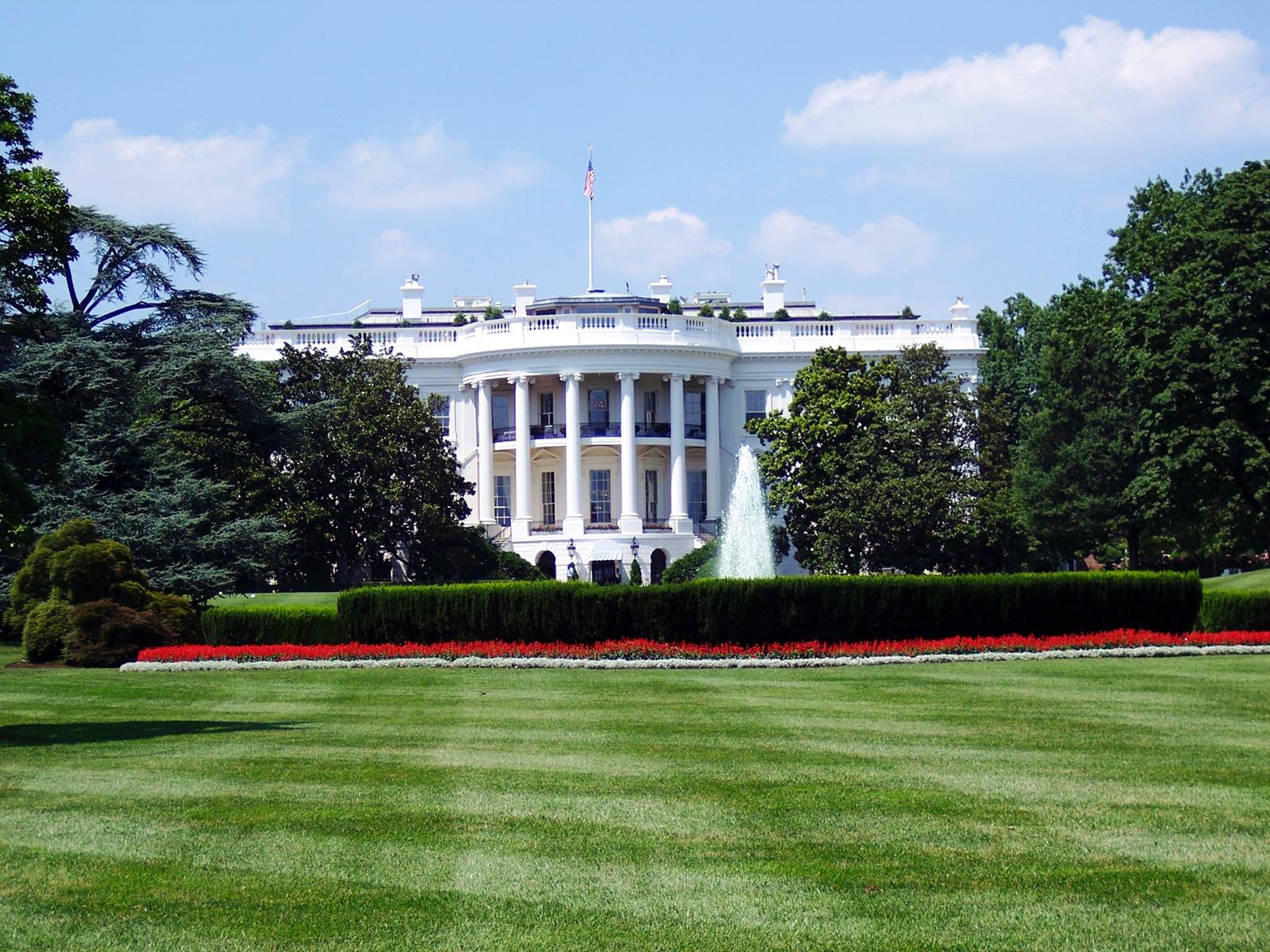Politics is an interesting field of study, which studies how humans make social decisions. Politics is the study of groups of people at the political boundaries. It also describes the institutions and policies that govern these groups. Politics is the study of the making of laws that regulate the societies we live in. Politics has been viewed as a subject that has great importance and significance to the betterment of human societies and polities.
Politics is a branch of public policy concerning the making of decisions by groups of people at the political boundaries. The scope of politics is wide, and it can be applied to various areas of daily life where decisions are made concerning matters concerning the society as a whole. The field of politics is related to the study of different political parties that claim to represent the interests of the people at political boundaries.
Politics has many sections and branches. It has become a major concern of human resources management, which has emerged as an important element in organizational decision making. The role of politics in the lives of executives has also become prominent. The study of politics has made a deep impact on the way executives conduct their business. Politics has affected the way leaders of organizations make decisions. Today, most top leaders of major corporate organizations are considered politicians by their fellow corporate managers and employees.
There has been a shift in the way business leaders are perceived. Most business men consider themselves to be part of politics, which has made them adopt a more aggressive stance in promoting social programs and welfare policies that would help the common man. With the popularity of new technologies in the business arena, and the growing competition of business firms worldwide, there is a need for more effective ways of marketing and promoting products. The increased role of politics in businesses has prompted the need for a more interactive and knowledgeable political education curriculum in colleges and universities.
Business leaders’ views on politics have changed from earlier days. Today, many leading business men regard any political interference as unacceptable. In fact, some of them even consider non-business-related issues to be taboo.
The changing perception of corporate leaders and employees towards politics is due to the growth of global warming. The increasing trade tensions due to currency wars, and other factors have also contributed to this change. A number of business firms have already adopted a green approach in terms of dealing with the environment. This initiative has helped them build a stronger relationship with the society. In the future, it is expected that businesses will play a larger role in shaping the social awareness about environmental issues and help develop an international environmental awareness and response.
Apart from fostering a stronger relationship between the business and society, corporate leaders can use politics as an opportunity to improve their overall leadership skills. Politics has now become a necessary part of business decisions. Instead of depending on older and more experienced corporate leaders to guide the company, a number of young executives are now demanded to take up the challenge. This way, they can learn from the mistakes committed by older corporate leaders. However, it should be noted that the younger generation might not necessarily accept political decision making as a part of their job requirement in the future.
Politics is definitely a relevant feature of business life in the twenty-first century. Business leaders must accept the fact that politics will always be a necessary part of their job. The question then is how they can use this to their advantage.


